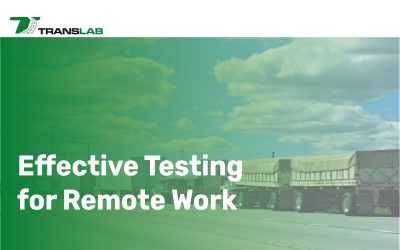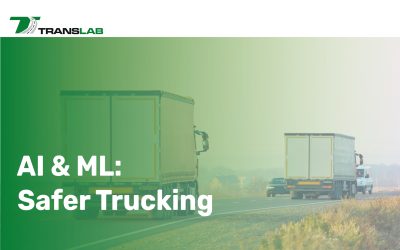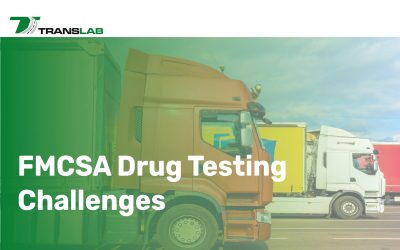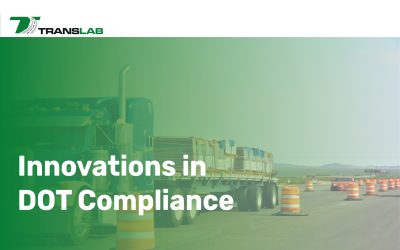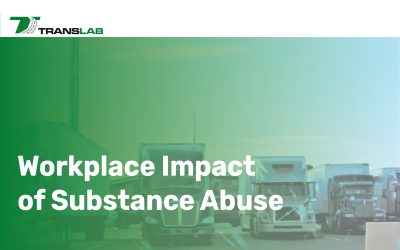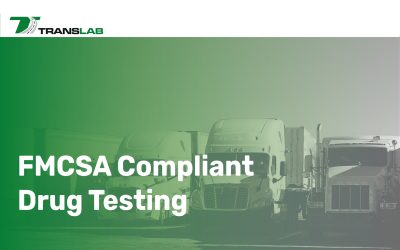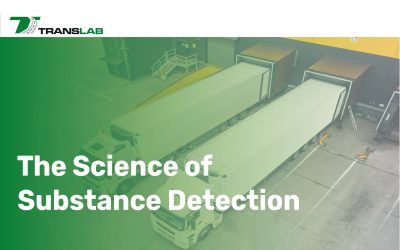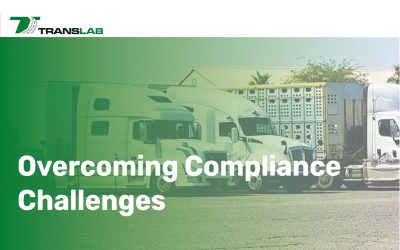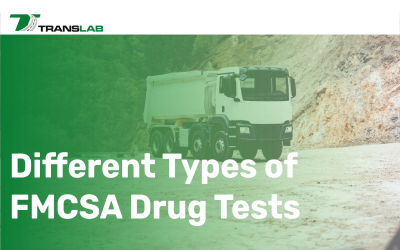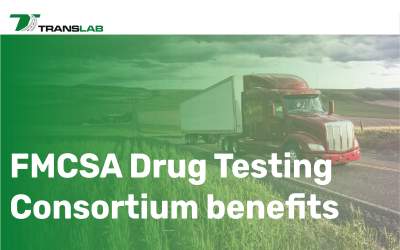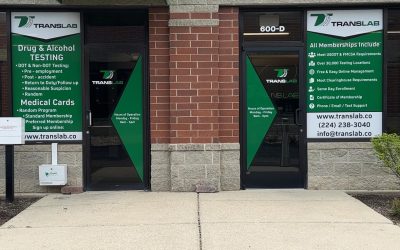Welcome
to our blog
Translab Blog
Welcome to our blog listing page. Here, you will find a collection of informative and interesting articles on the trucking industry. At Translab, we’re committed to delivering valuable content that drives the conversation forward. Start exploring the future of transportation with us!
Crafting Effective Testing Programs for Remote and Hybrid Work Environments
In the era of remote and hybrid work, implementing effective testing programs is essential to address the unique challenges of distributed teams.
How AI and Machine Learning Are Making Trucking Safer by Preventing Accidents
AI and machine learning are transforming trucking safety by predicting and preventing accidents. Through real-time driver monitoring, predictive maintenance, and fatigue detection, these technologies help fleet operators enhance safety, reduce accidents, and lower costs.
Overcoming Common Challenges in FMCSA-Compliant Drug Testing
Adhering to FMCSA drug testing regulations is critical for transportation companies, but it comes with challenges like managing random testing and ensuring compliance in remote locations.
The Future of DOT Compliance Testing: Innovations on the Horizon
The transportation industry is experiencing a technological revolution that significantly impacts DOT compliance testing. Innovations such as automated monitoring systems and blockchain technology promise to enhance safety, efficiency, and transparency.
Substance Abuse and Its Toll on Workplace Efficiency and Safety
Substance abuse in the workplace severely impacts efficiency and safety, leading to increased absenteeism, decreased productivity, and heightened accident risks. By understanding these consequences, employers can develop effective support systems and policies to foster a healthier work environment.
Navigating the Road Ahead: Harnessing Real-Time Data for Enhanced Fleet Operations
The trucking industry stands at a crucial juncture, where embracing advanced technologies like real-time data and AI can transform operations. By enhancing safety and efficiency, companies not only mitigate risks but also drive towards a more sustainable future.
Implementing a Compliant Drug Testing Program Under FMCSA Guidelines
Implementing a compliant drug testing program under FMCSA guidelines is essential for safeguarding the transportation industry’s integrity. This guide outlines key steps to establish and maintain a robust program
The Science of Substance Detection: Cutting-Edge Testing Methods for Precision and Accuracy
Discover how cutting-edge testing methods ensure precise substance detection, enhancing workplace safety and regulatory compliance. Explore the science behind accurate results.
Overcoming Compliance Challenges to Ensure a Safe and Productive Workplace
Organizations must address complex challenges to ensure a safe and productive workplace beyond compliance with regulations to create healthy environments.
The Different Types of FMCSA Drug Tests
FMCSA mandates strict drug and alcohol testing for commercial motor vehicle operations to ensure safety and compliance with federal laws. Various types of tests are required to prevent substance abuse and promote safe driving.
The Benefits of Joining an FMCSA Drug Testing Consortium for Small Businesses
Joining an FMCSA drug testing consortium benefits small trucking businesses with streamlined compliance, cost efficiency, and enhanced safety.
Choosing the Right Drug and Alcohol Testing Provider in Elgin: Why Translab Co Stands Out
Selecting a drug and alcohol testing provider in Elgin? Discover why Translab Co’s qualifications, experience, and customer focus make us the top choice for DOT compliance.

